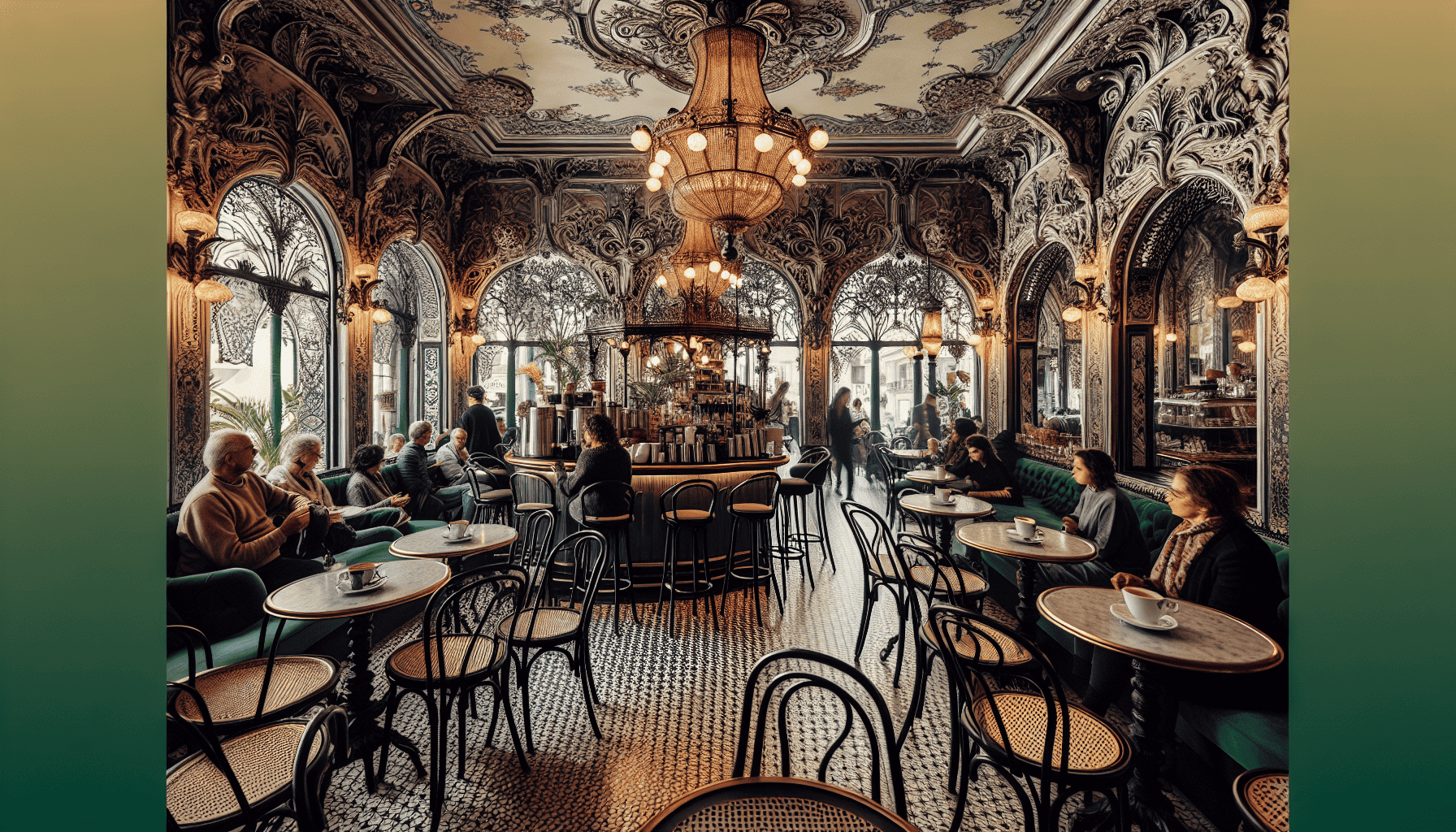Coffee holds a cherished place in Portuguese culture, deeply intertwined with daily life and social customs. This alluring beverage has evolved from a simple drink into a cultural symbol, influencing gatherings, inspiring artistic movements, and defining the convivial spirit of the nation.
In Portugal, coffee is more than just a morning ritual or an afternoon pick-me-up; it is an experience that punctuates the day. The Portuguese have embraced coffee with distinctive style, savoring small cups of intensely brewed espresso known as "bica" in Lisbon or "cimbalino" in Porto. The act of drinking coffee in Portugal is imbued with a sense of community, as it is often enjoyed in the company of friends or family in the country’s numerous cafés.
These cafés are not merely places to enjoy a hot beverage but are cultural institutions in their own right. One iconic example is the historic Café A Brasileira in Lisbon, established in 1905. It has long been a gathering spot for intellectuals and artists, including the revered poet Fernando Pessoa, whose presence is immortalized in the form of a bronze statue seated outside. Such iconic cafés serve as vital cultural hubs, fostering creativity and social dialogue, thereby weaving coffee into the fabric of cultural and artistic expression.
Further north, in Porto, the Café Majestic stands out not only for its opulent architecture but also for its role in nurturing the arts. Established in 1921, this Art Nouveau gem has hosted many artistic discussions and literary events, with its intricate woodwork and ornate mirrors providing an inspirational backdrop.
Emerging alongside these historical venues are contemporary delights like Artistic Café Plinko, ushering in a modern twist to coffee culture. Integrating elements of modern art and design, this café has become a space for innovation, where the fusion of coffee and artistic expression continues to thrive. Similar to its traditional counterparts, it embodies the Portuguese ethos of using coffee culture as a platform for creativity and connection.
Coffee rituals in Portugal also embody a fine balance between savoring the moment and engaging with the community. The concept of "tertúlias," informal gatherings where people come together to talk about issues of importance, is frequently held over coffee, highlighting the role of this beverage as a staple in fostering dialogue and camaraderie.
Moreover, local festivals often feature coffee as a central theme, with events such as the Coffee Fest in the Azores celebrating the richness of this heritage. Such festivals pay homage to the long-standing tradition of coffee cultivation in areas like São Jorge Island, renowned for producing a unique variety from the rich volcanic soil.
In conclusion, coffee in Portugal is much more than just a beverage; it is a cultural phenomenon that enlivens the social pulse of the nation. From historic cafés that whisper tales of the past to modern establishments embodying the future, the tradition of coffee drinking continues to inspire and unify, shaping not just everyday life but also the broader Portuguese cultural identity.
